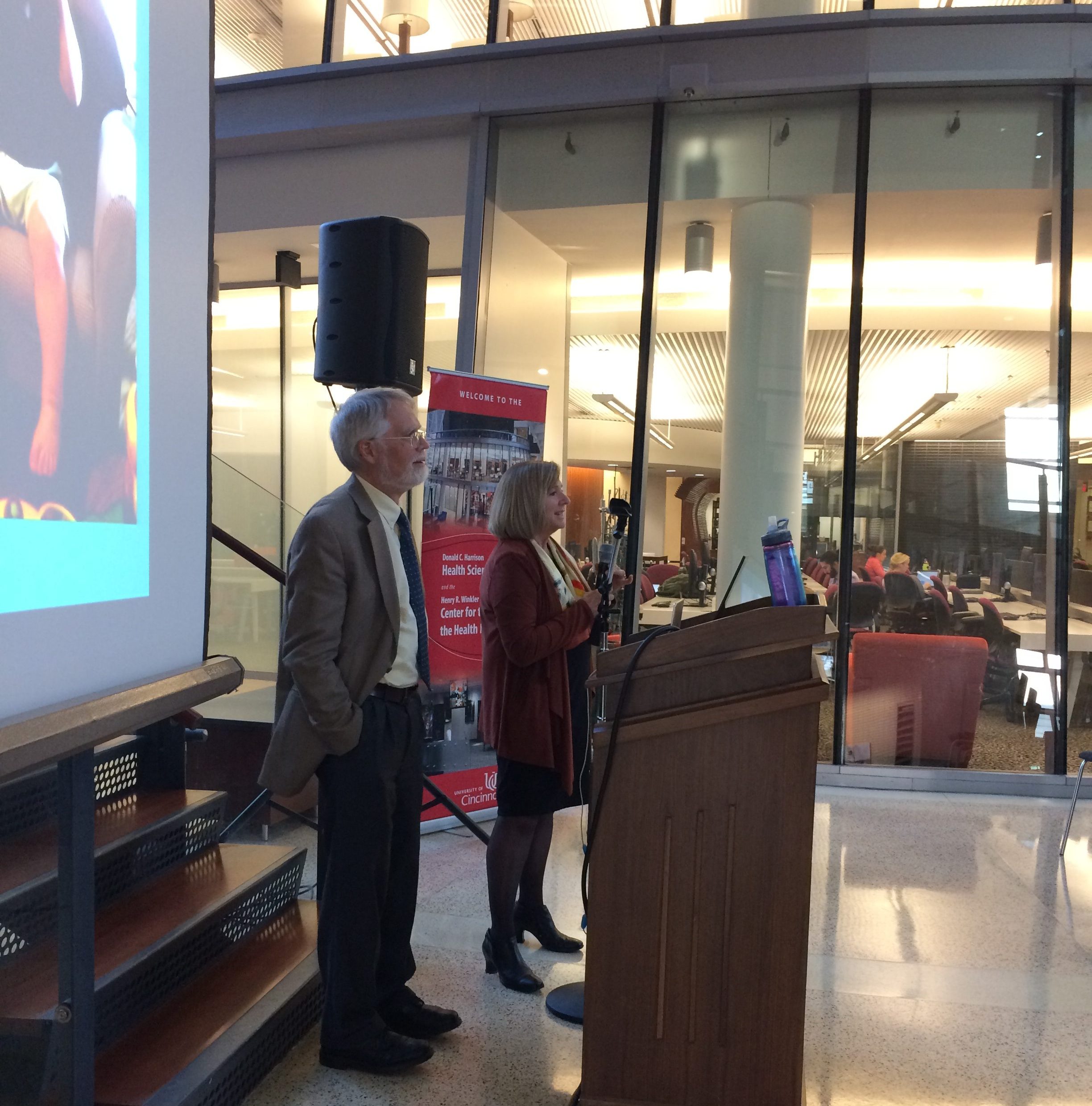
Karen Torghele and Larry Anderson field questions from the audience after their presentation
Thursday evening, October 10, 2019, the Henry R. Winkler Center for the History of the Health Professions hosted the first in a series of lectures that will bring to a close a multi-year project to digitize portions of Albert B. Sabin’s laboratory notebooks. The project was funded by The John Hauck Foundation, Fifth Third Bank, John W. Hauck, Narley L. Haley, Co-Trustees. Over the course of two years the Winkler Center saw to the digitization of over 40 notebooks consisting of approximately 6000 pages. These notebooks were all uploaded to the University of Cincinnati’s online repository, Scholar@UC and are all keyword searchable PDFs. We know this will be an incredible boon to Sabin and polio history researchers, and virologists worldwide.
The gift to the Winkler Center also allowed the repository to revamp its Hauck Center for the Albert B. Sabin Archives online exhibit and website. The new site will roll out the week of October 14-18 and is now more accessible to a wider and diverse array of users than ever before.
Presenters at the October 10th event, Karen Torghele and Larry Anderson MD, combined stories of Sabin’s early academic career with examples of his meticulous research skills and how the former fed the latter. Dr. Anderson showed two sections of Sabin’s notebooks where Sabin identified for the first time the virus strains that would go into his oral polio vaccine a few years later. What a moment!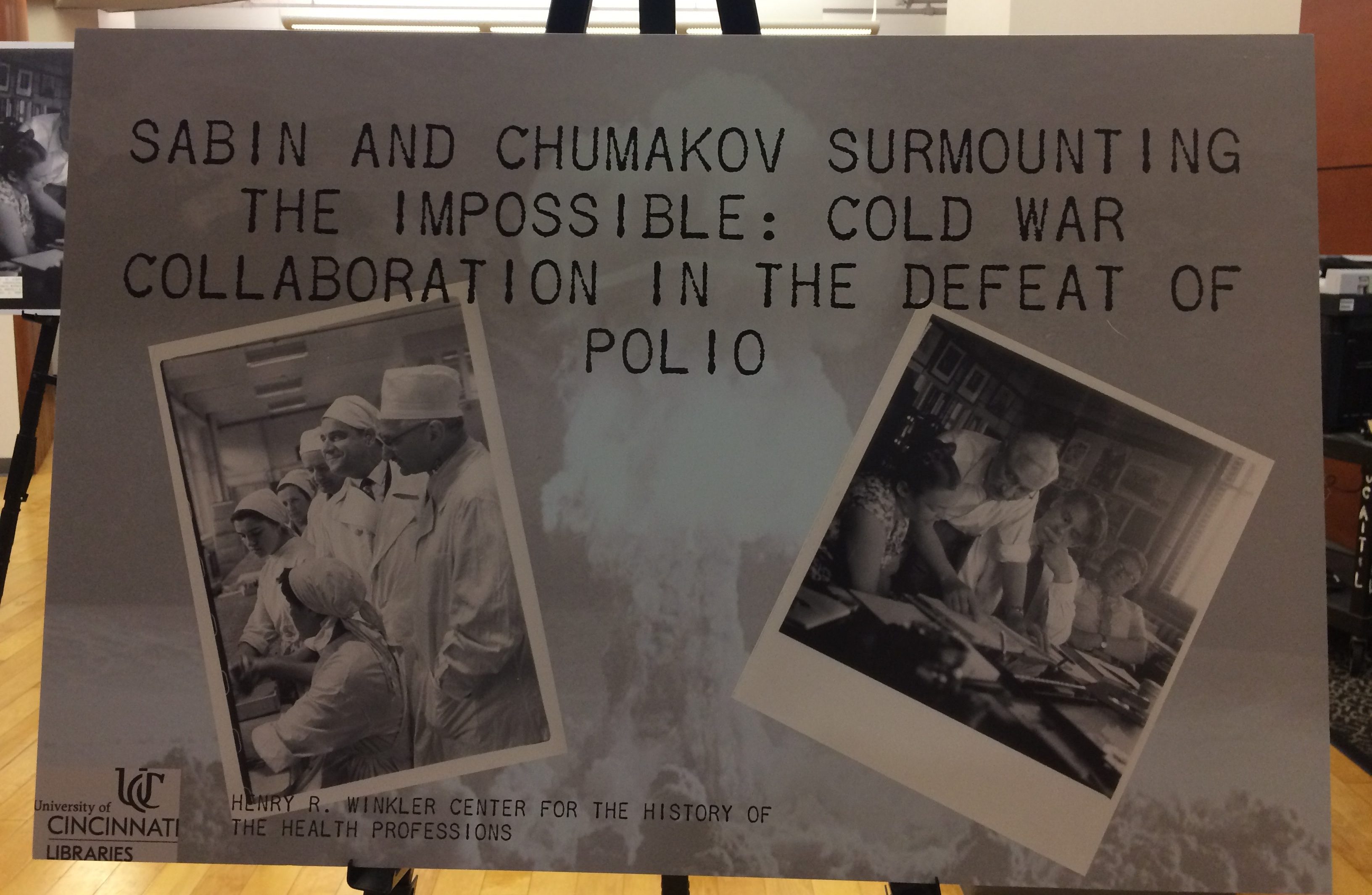
A reception followed the presentation along with the opening of Sabin and Chumakov Surmounting the Impossible: Cold War Collaboration in the Defeat of Polio, an exhibit detailing the life-long friendship and professional comradery of Albert B. Sabin and Mikail Petrovich Chumakov. It was Sabin’s work with Soviet scientist Chumakov that led to the oral polio vaccine’s first use and success in the Soviet Union. It was only from that success that the vaccine was approved and distributed in the United States.
Over the next several weeks the Winkler Center will host three more Sabin related lectures. These will all be held in the Stanley J. Lucas MD Boardroom between 12 and 1PM. A light lunch will be provided. See below for speakers, dates, and presentation titles.
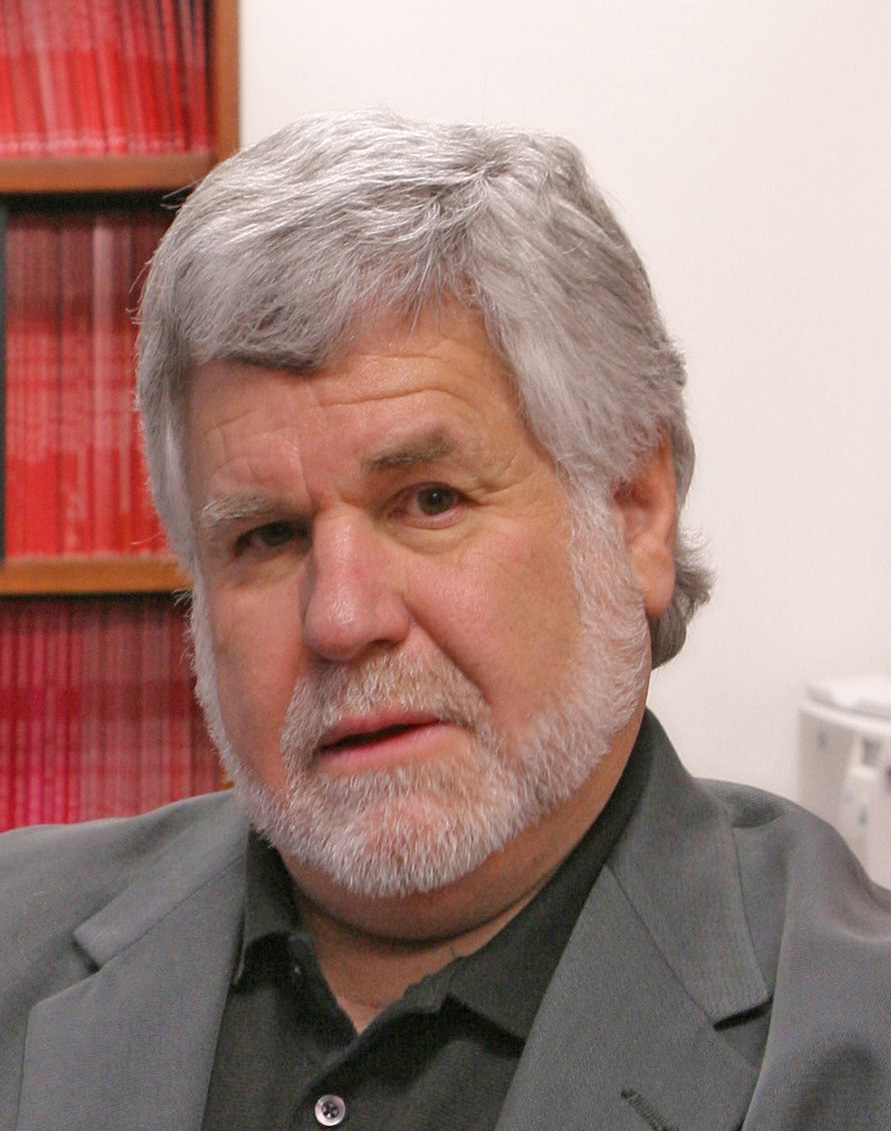
Dr. David Bernstein
Thursday, October 17, 2019
12-1PM, Stanley J. Lucas Boardroom
Dr. David Bernstein: Developing a Vaccine from Sabin to Rotarix
Dr. David Bernstein has been at CCHMC for over 35 years and rose through the ranks of assistant, associate and full professor to become the infectious disease division director in 2000. His tenure as division director saw a rapid rise in research, training and clinical care. Dr. Bernstein’s interest is primarily in the field of vaccinology and virology. Over the past 30 years he has contributed to the development of several vaccines; most notable rotavirus, norovirus, herpes viruses and influenza and he has published over 300 manuscripts in this field. The rotavirus vaccine now marketed as Rotarix around the world was first developed by Dr. Bernstein and his colleague Dr. Richard Ward. He has also been actively involved in the clinical evaluation of vaccines for several STIs including HSV, CMV, and HPV, agents of bioterrorism including small pox and anthrax, and many childhood vaccines. He has been the PI of one of the NIH funded Vaccine Treatment Evaluation Units (VTEUs) for over 15 years and has led several large studies in adolescents. His international recognition as a vaccinologist has contributed to the outstanding reputation of the Infectious Diseases Division of CCHMC.
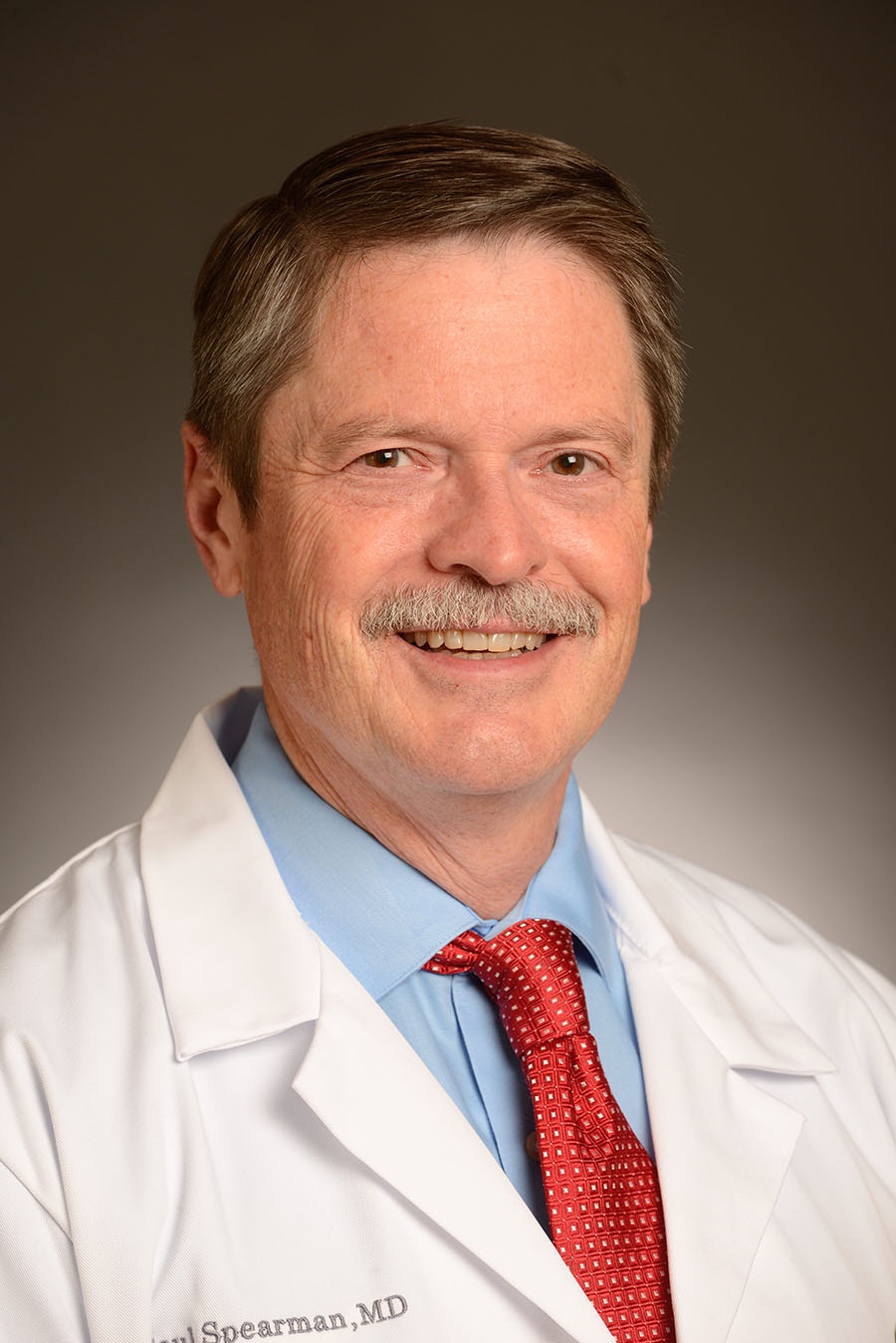
Dr. Paul Spearman
Thursday, October 31, 2019
12-1PM, Stanley J. Lucas Boardroom
Dr. Paul Spearman: Ebola Virus Outbreaks and Current Vaccine Approaches
Paul Spearman, MD is the Albert B. Sabin Professor and Director of Infectious Diseases at Cincinnati Children’s Hospital Medical Center. His laboratory studies fundamental aspects of HIV biology and develops new vaccines for human pathogens. HIV assembly processes are a major focus of the laboratory, including the trafficking of the HIV envelope glycoprotein and its interaction with essential host factors. A related project studies how HIV interacts with macrophages and microglia. Dr. Spearman and his colleagues in the CCHMC Vaccine and Treatment Evaluation Unit (VTEU) are engaged in the design and performance of clinical trials for new vaccines in adults and children, with a special interest in employing cutting-edge technologies to define innate and adaptive immune responses to vaccines. Dr. Spearman is currently leading trials for Ebola and avian influenza vaccine development.
Dr. Spearman serves on the Board of Scientific Counselors for NCI, the Vaccines and Related Biological Products Advisory Committee for the FDA, and is President of the Pediatric Infectious Diseases Society (PIDS). Beyond his research interests, Dr. Spearman is a Pediatric ID clinician and enjoys caring for children and mentoring future leaders in Infectious Diseases.
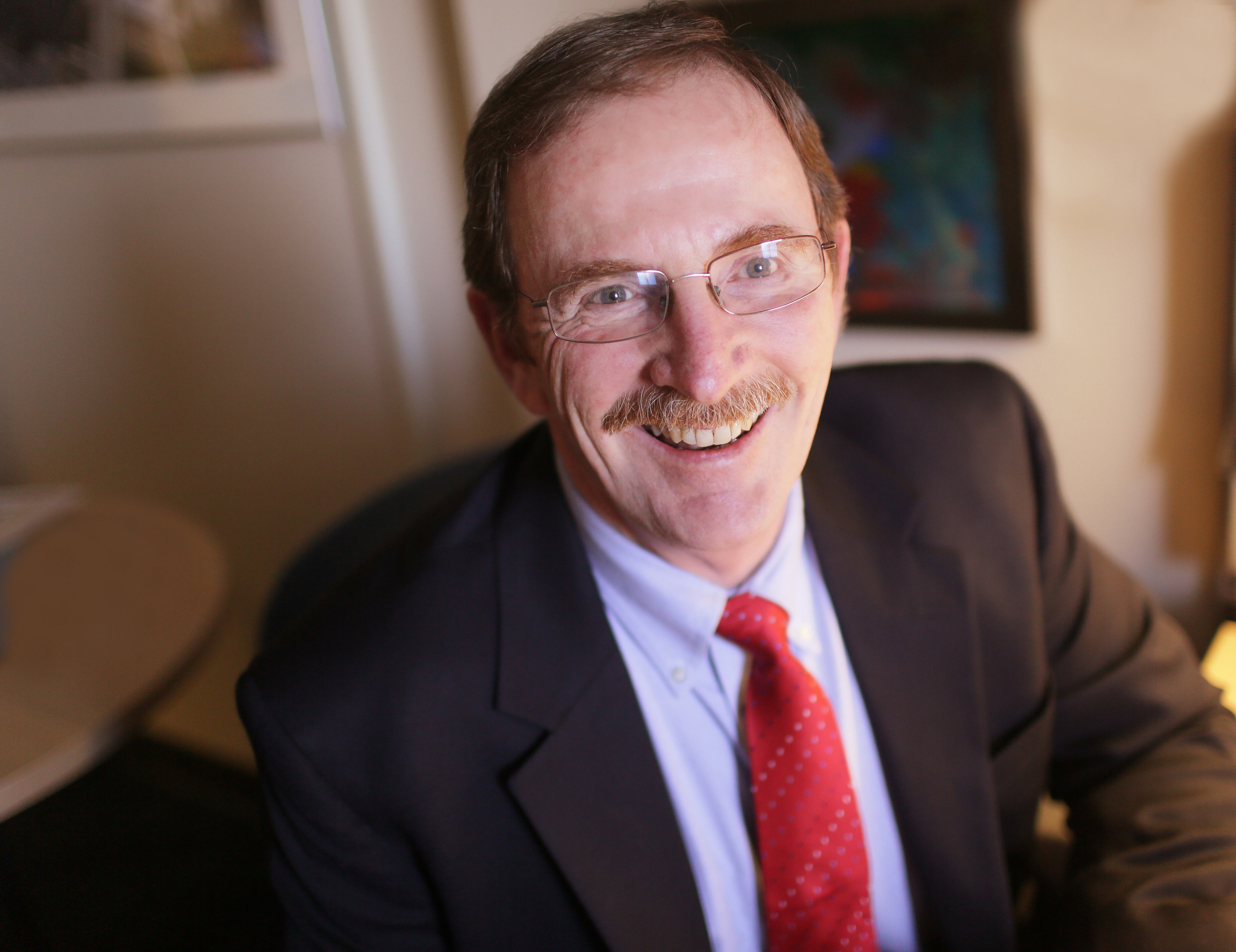
Dr. Robert Frenck
Tuesday, November 5, 2019
12-1PM Stanley J. Lucas Boardroom
Dr. Robert W. Frenck, Jr.: Vaccines and the Ongoing Legacy of Dr. Sabin: An Ounce of Prevention is Better Than a Pound of Cure!
Robert W Frenck, Jr, M.D. is a Professor of Pediatrics in the Division of Infectious Diseases and the Executive Chair of the IRB at Cincinnati Children’s Hospital Medical Center. Dr Frenck received his BA from the University of Calif at San Diego and his M.D. from the Univ of Texas Health Science Center at Houston (UTHSC). He completed a pediatric residency at the National Naval Medical Center and a fellowship in Pediatric Infectious Diseases at UTHSC. Dr Frenck has been a member of the American Academy of Pediatrics (AAP) Committee on Infectious Diseases (Red Book Committee) as well as on the Executive Committee of the AAP Section on Infectious Diseases (SOID) and Chair of the SOID Education Committee. He has published over 100 articles in the peer reviewed literature with a focus on infectious diseases and vaccines.
We are again indebted to The Hauck Foundation for this generous gift that has funded not only a digitization project and website face-lift, but also this incredible lecture series. Please plan to attend one of the remaining events they are sure to be intellectually stimulating and thoughtful discussions.
